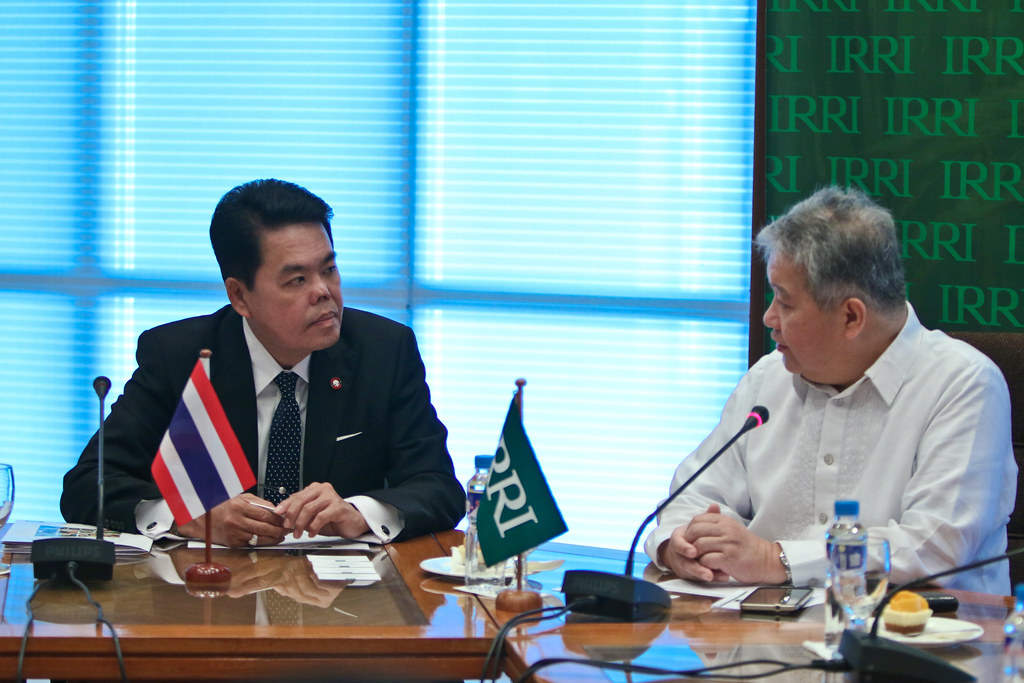This catalog is the first publication of the Bureau for traditional rice varieties, according to Dr. Vivencio Mamaril, officer-in-charge of BPI and a project leader at the National Seed Council. Traditional farmers continue to grow these indigenous rice varieties because of their resistance to pests and diseases, low fertilizer requirements, and good eating quality said Mamaril. He added that plant breeders also use traditional rice varieties as sources of germplasms for developing new varieties because of their exceptional ability to withstand environmental and biological stresses as well as their excellent aroma and grains.
Philippine Traditional Rice Varieties is a collaborative effort of BPI, which implements the DA’s programs on the plant industry sector, Philippine Rice Research Institute (PhilRice), Agri-Pinoy Rice Programs, and the International Rice Research Institute (IRRI). It contains photos, physical descriptions of each variety at various growth stages, quantitative traits of its grains, place of origin, and other information collected by the participating research institutes. The catalog was launched during the 87th-anniversary celebration of BPI on 18-19 January.
During the event, the DA presented an award to the various projects that contributed to the seed catalog: DA-PhilRice project on Profiling Traditional Varieties, BPI-IRRI project on Characterization of Philippine Traditional Varieties, DA-IRRI Heirloom Rice Project, and the National Seed Council.
The award was given to Renato Reaño, the lead of the Characterization of Philippine Traditional Varieties project, and Dr. Casiana Vera Cruz, head of the Heirloom Rice Project, for their “significant contributions through their technical expertise in varietal characterization of Philippine traditional rice varieties.” They shared the honor with Loida Perez of PhilRice and Mamaril.
The Philippine Traditional Rice Varieties Seed Catalog is a manifesto to the Philippines as a country blessed with the bounties of nature, according to the DA Secretary Emmanuel Piñol. He also described the catalog as an important part of the country’s effort to modernize the rice sector for the Filipino people.
Learn more about IRRI (www.irri.org) or follow us on social media and networks (all links down the right column).







